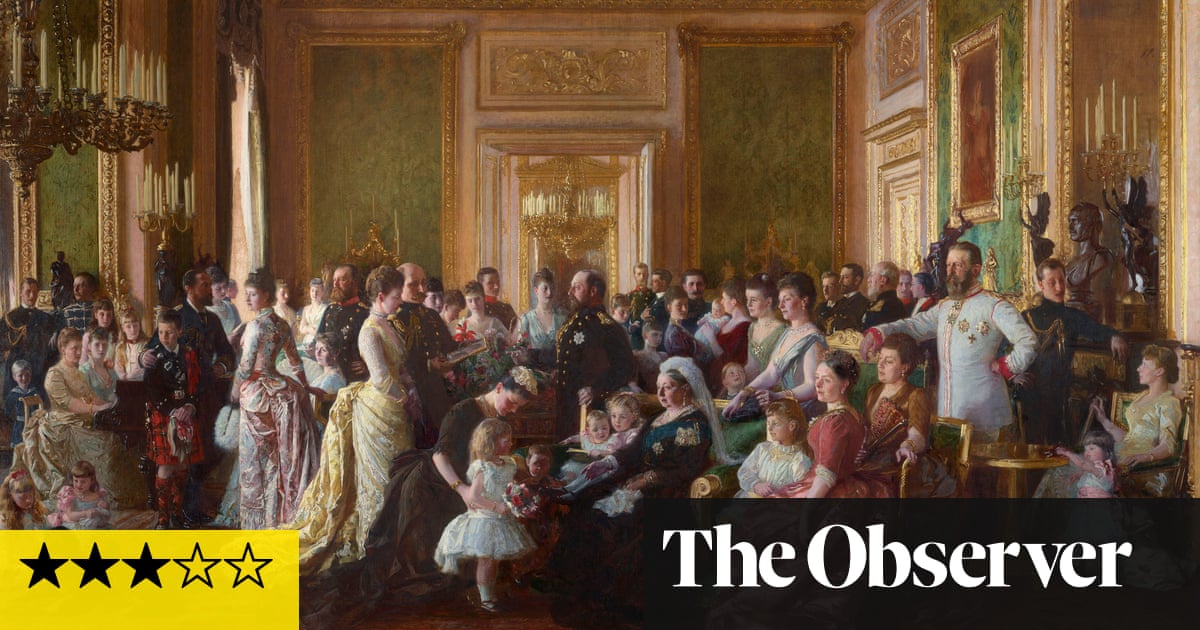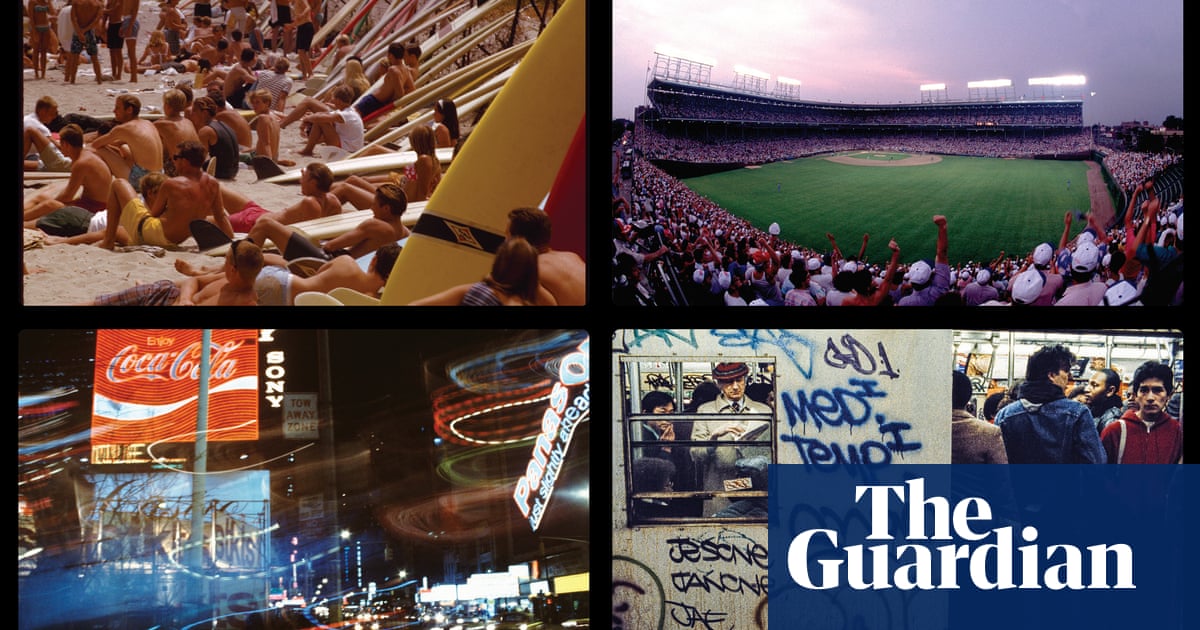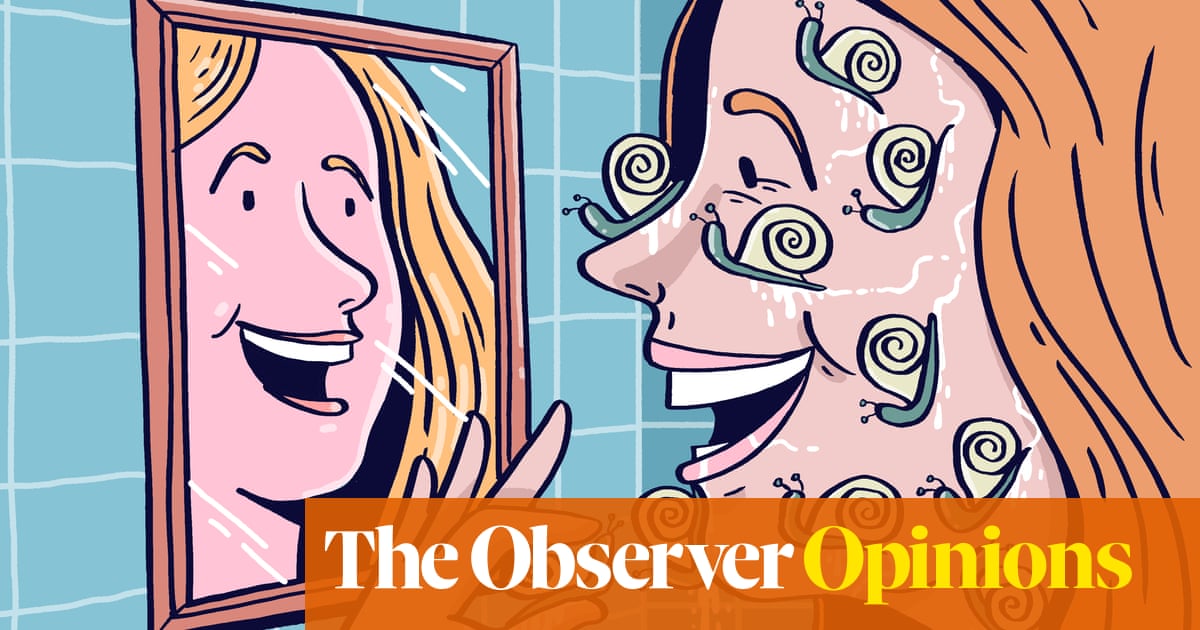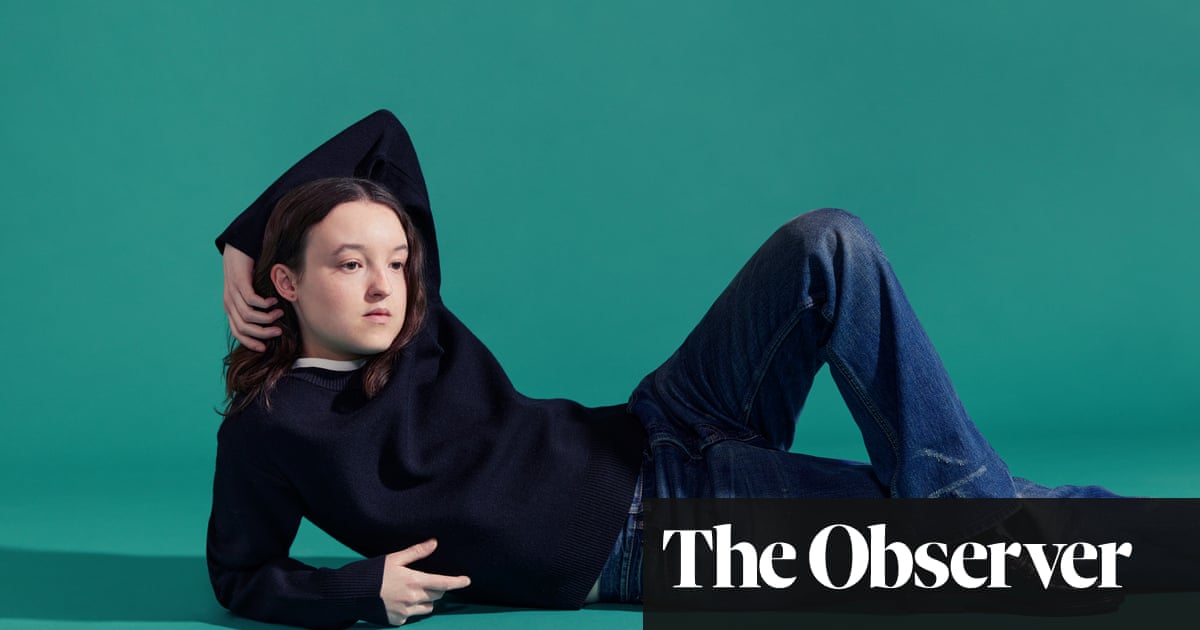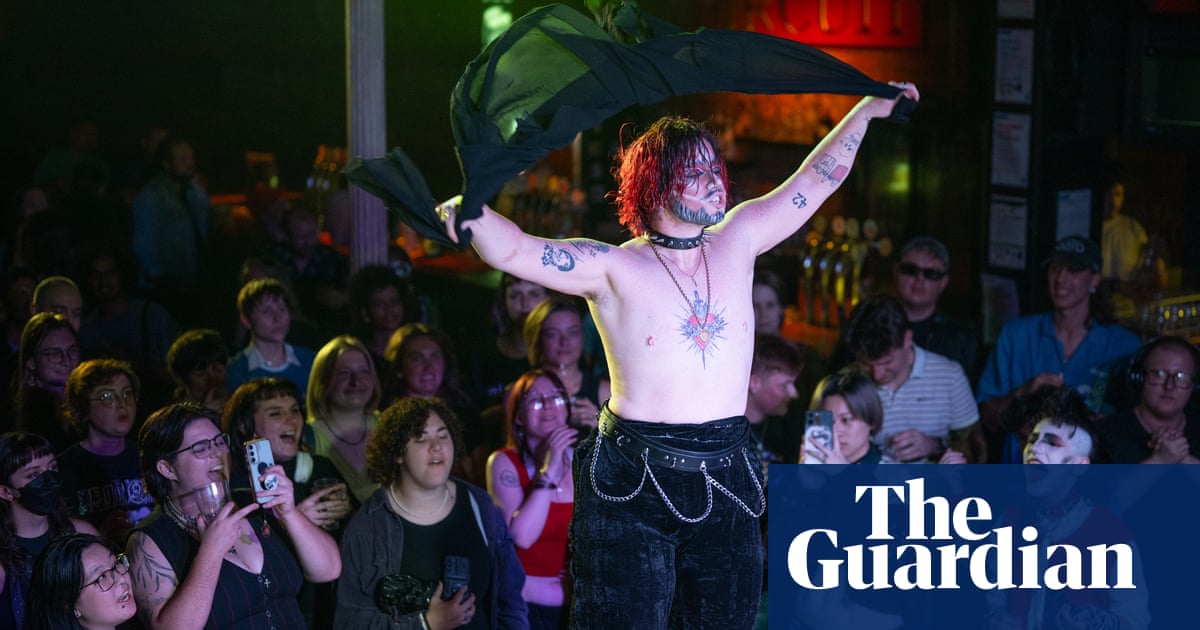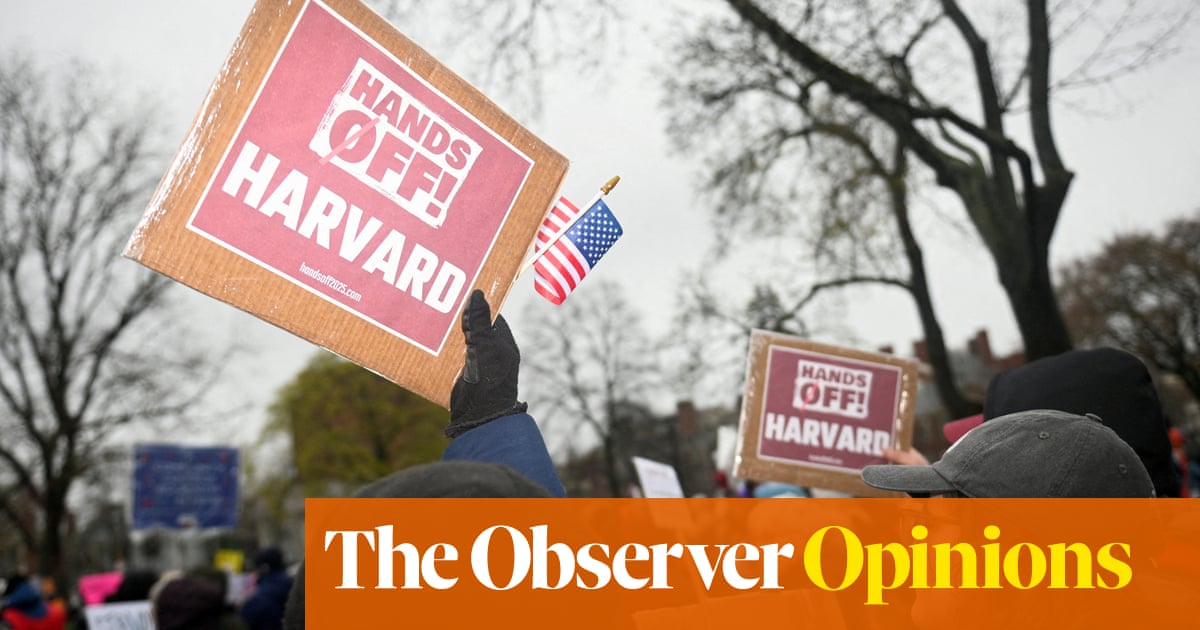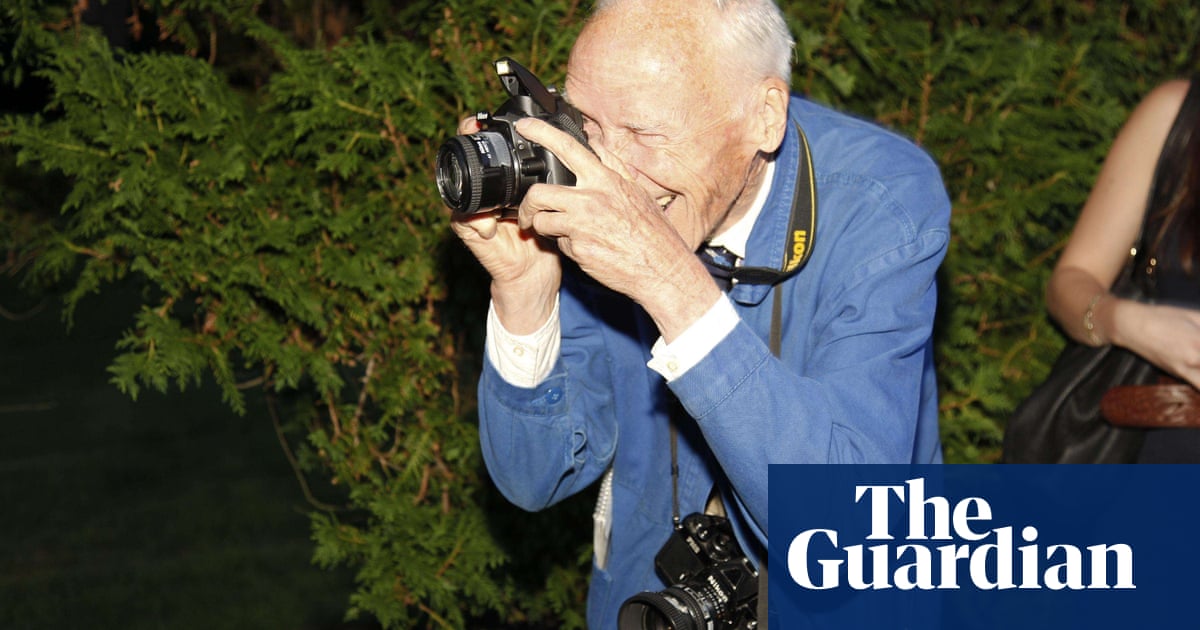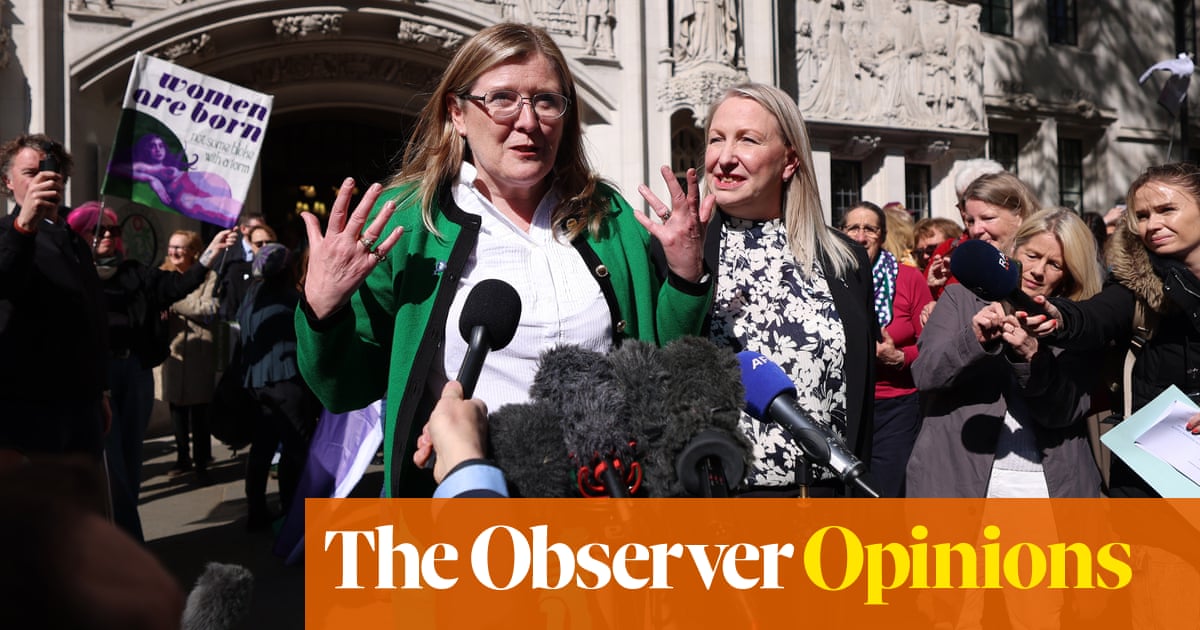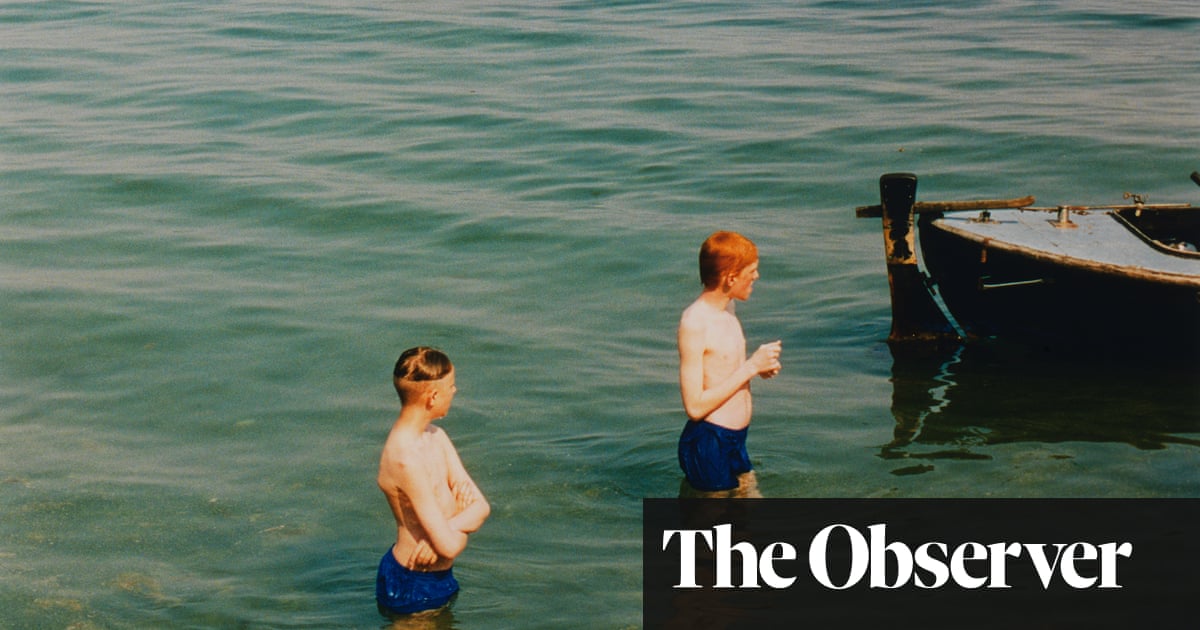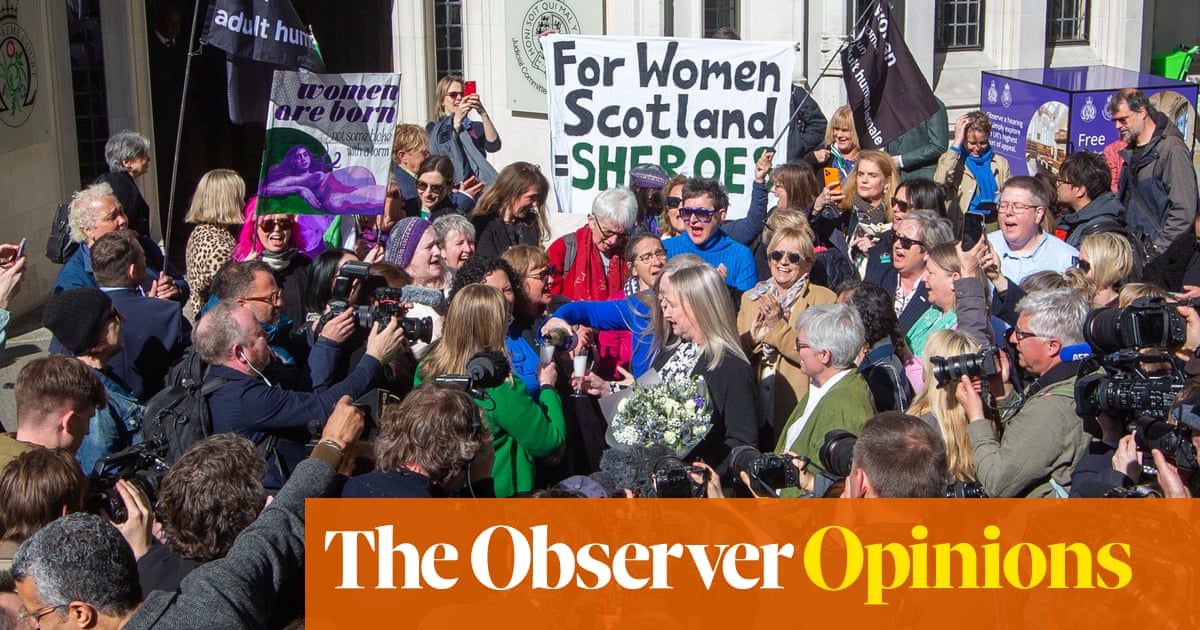Shortly after his 18th birthday, Chukwuebuka Ibeh embarked on his first trip outside his home city of Port Harcourt. He drove more than eight hours north to Lagos for a 10-day creative writing workshop led by fellow Nigerian Chimamanda Ngozi Adichie, the author of Half of a Yellow Sun.
It was a life-changing event for Ibeh, who last year published his own novel, Blessings, at the age of 24.
Nigeria has a rich literary tradition, but limited opportunities. Ibeh had known Adichie’s work since coming across Purple Hibiscus (2003) in his school library. The book left him with “a firm certitude in my gut that I wanted to make people feel the things that this book made me feel”.
“I became sort of obsessed with the author of this book I adored,” Ibeh says. “I lied to my parents that her other novels were recommended texts for my classes to get them to buy them. Then I discovered that she annually hosts a workshop, but I had to be an adult to apply, so I waited impatiently.”
He got into the workshop in 2018 on his first application. “The 10 days spent there were some of the best days of my life. So much teasing and laughter and food.”

Ibeh is the middle child of three, his father ran a bookshop and his mother worked in fashion. He comes from “a culture of storytelling” from his grandparents.
“They were often retold so many times and yet, as a result of several embellishments, never lost their sheen. Many Igbo children of my time probably have memories of the cunning tortoise who’s never up to any good,” he recalls. At school, Ibeh would often help classmates with their essays.
“My young mind was inspired. I wanted to know more, to be much more involved. So I undertook the task of telling these stories myself.”
Blessings follows the life of Obiefuna, a young man living in Port Harcourt, whose life is upended when his father discovers his intimate relationship with Aboy, his father’s apprentice who lives with the family. Obiefuna is pulled out of school and banished to boarding school in another state, while Aboy is dismissed. The novel is set during the enactment of Nigeria’s same-sex marriage prohibition law in 2013.
As a child Ibeh fell in love with the African Writer Series, particularly the Nigerian novelists Buchi Emecheta and Cyprian Ekwensi. “Literature is not really considered a profession in Nigeria, so I thought I would be a lawyer who wrote on the side.”
For three years, he wrote for Brittle Paper, an online magazine amplifying African literary voices, founded in 2013 by Ainehi Edoro.
after newsletter promotion
The challenges writers face in Nigeria, he says, can be basic. “I wrote most of my novel by hand in Nigeria because I was in my campus apartment in a community that had not had power supply for so many years, making it impossible to power my laptop. I think it is safe to assume that these challenges are the result of what appears to be a rise in the migration of many young African writers to the US.”

For Ibeh, writing was “all-consuming”. “I basically shut my doors and wrote from morning till evening, cut off from the outside world. In October of that year [2020], the Nigerian military was accused of opening fire on peaceful protesters in what has now being dubbed the infamous ‘Lekki massacre’ and I went for a while without knowing that.
“During that time, I realised that I didn’t know the abilities I have. Literally nothing else mattered.”

Through Adichie’s workshop, Ibeh came across a fully funded master’s programme for writers at Washington University in the US. His novel was published shortly before he graduated in 2024.
The book has been received well, but some people he knew disapproved of his story. “There is a silly idea perpetuated that homosexuality is un-African,” he says. “But I’ve mostly had friends who were cautiously supportive. They liked the idea of the book but worried about the implications. To confront the [anti-gay] law is to trouble waters, and homophobia in Nigeria tends to be extreme, and possibly violent.”
The anti-gay law in Nigera has gone through many challenges, but persecution is rife. “I come online and there’s yet another video of innocent men being paraded naked and bloodied for no reason other than their sexual orientation. Which just shows how much regression has happened with attitudes to homosexuality. These videos were not as popular in the past as they are now. It worries me.”
Ibeh has been outspoken about LGBTQ+ rights, giving a TEDx talk in the US in 2024.
“I think, for one, the territories of African literature have expanded. There used to be, in my opinion, a narrow idea of what African literature is supposed to look like and represent, of themes that deserved coverage,” he says.
“Now, you have so many writers from across the continent interrogating every concern under the sun, defying forms and structure, and refusing to be pigeonholed.”

 3 months ago
56
3 months ago
56

